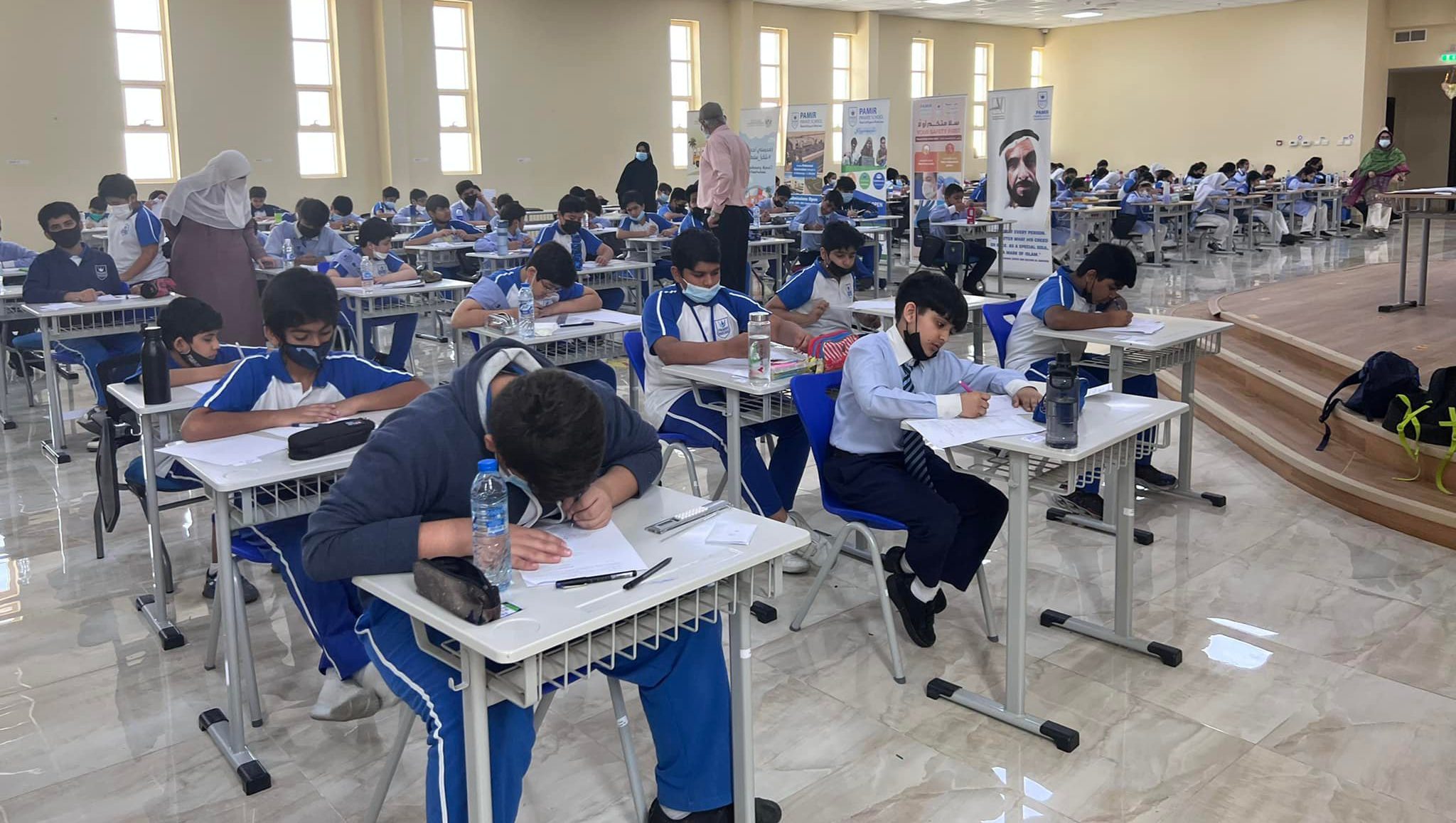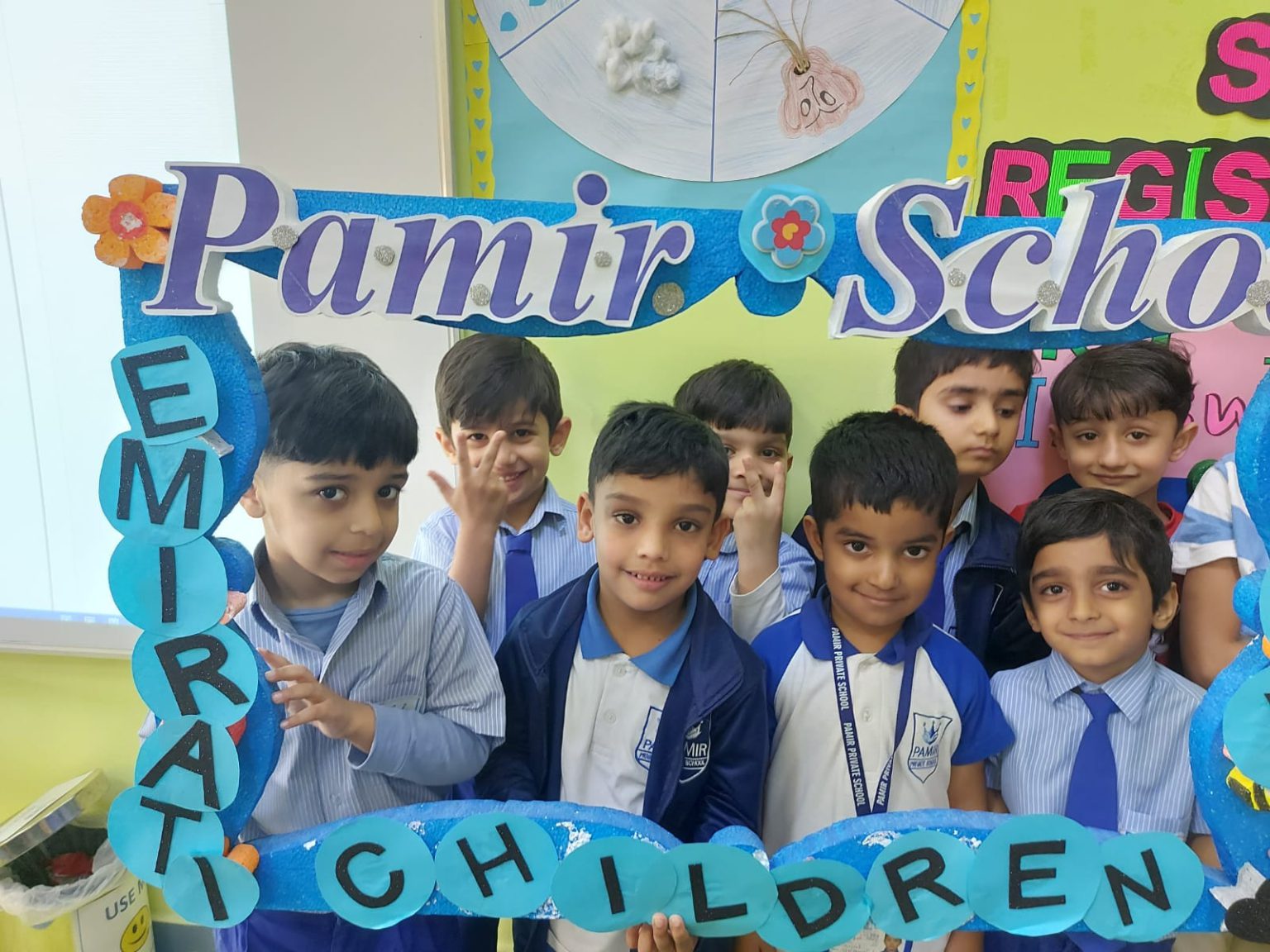High School Academics
Within the context of key knowledge instruction, students must also learn the essential skills for success in today’s world such as critical thinking problem solving communication and collaboration. When a school or distinct build on this foundation, combining the entire framework with the necessary support system-standards, assessments, curriculum and instructions, professional development and learning environments-students are more engaged in the learning process and graduate better prepared to thrive in today’s global economy. We believe that we must move to include not only a focus on mastery of key subjects, but also promote understanding of academic content at much higher levels by weaving 21st century interdisciplinary themes into key subjects.

Global Awareness
Use 21st century skills to understand and address global issues. Learn from and working collaboratively with individuals representing diverse cultures, religions and lifestyles in a spirit of mutual respect and open dialogue in personal, work and community contexts. Understand other nations and cultures, including the use of non-English languages.
Learning & Innovation Skills
Learning and innovation skills increasingly are being recognized as those that separate students who are prepared for a more and more complex life and work environments in the 21st century, and those who are not. A focus on creativity, critical thinking, communication, and collaboration is essential to prepare students for the future.
Creativity & Innovation
Think Creatively
- Use a wide range of idea-creation techniques (such as brainstorming)
- Create new and worthwhile ideas (Both incremental and radical concepts)
- Elaborate, refine, analyze, and evaluate their own ideas in order to improve and maximize creative efforts.
Work creatively with others
- Develop, implement and communicate new ideas to others effectively.
- Be open and responsive to new and diverse perspectives, incorporate group input and feedback into the work.
- Demonstrate originality and inventiveness in work and understand the real-world limits to adopting new ideas.
- View failure as an opportunity to learn, understand that creativity and innovation is a long-term, cyclical process of small successes and frequent mistakes.
Implement Innovations
- Act on creative ideas to make a tangible and useful contribution to the field in which the innovation will occur.


Communication and Collaboration
Communicate Clearly
- Collaborate with others
- Articulate thoughts and ideas effectively using oral, written and non-verbal communication skills.
- In a variety of forms and context.] Listen effectively to meaning, including knowledge, values, attitudes and intentions.
- Use communication for arrange of purpose (e.g. to inform, instruct, motivate and persuade).
- Utilize multiple media and technologies, and know how to judge their effectiveness a priority as well as assess their impact.
- Communication effectively in diverse environments (including multi-lingual).
- Demonstrate ability to work effectively and respectfully with diverse teams.
- Exercise flexibility and willingness to be helpful in making necessary compromises to accomplish a common goal.
- Assume shared responsibility for collaborative work, and value the individual contributions made by each team member.
Information, Media, and Technology Skills
People in the 21st century live in a technology and media-driven environment, marked by various characteristics, including:
- Access to an abundance of information.
- Rapid changes in technology tools, and The ability to collaborate and make individual contributions on an unprecedented scale.
- Effective citizens and workers of the 21st century must be able to exhibit a range of functional and critical skills related to information, media, and technology.
